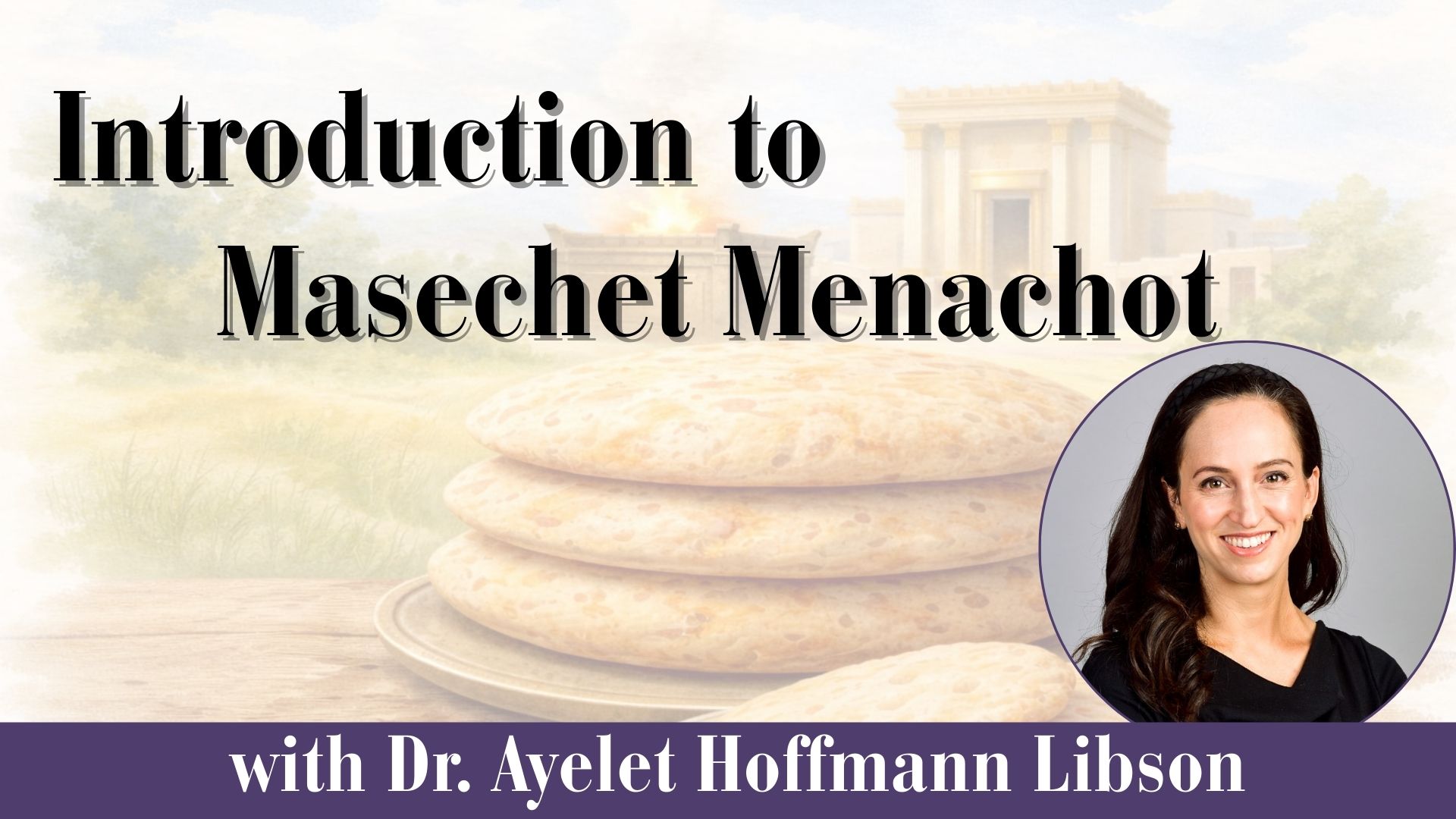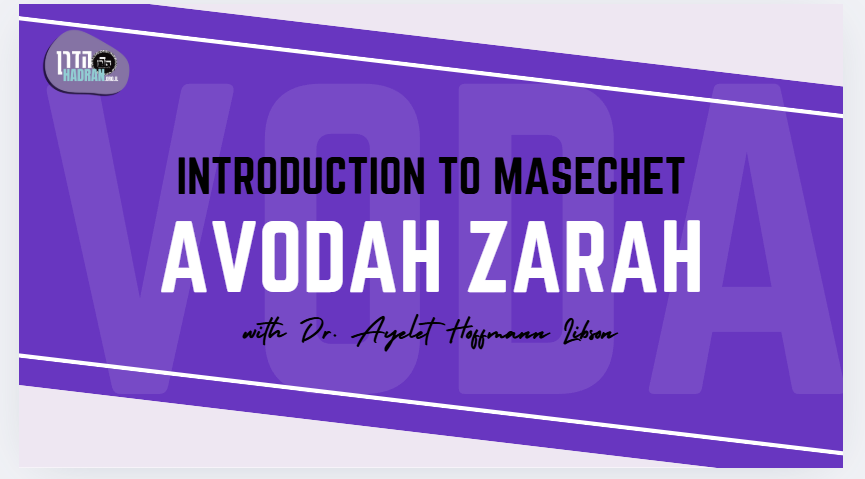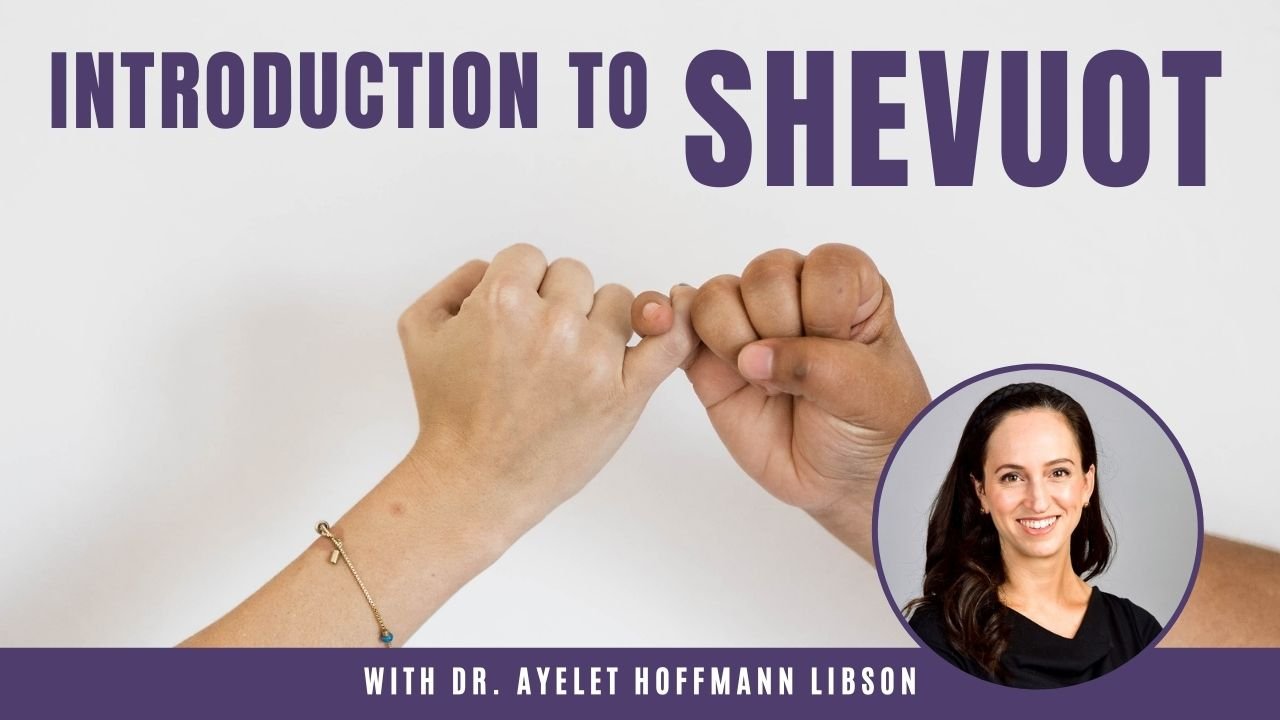The different types:
| Name | Type | Who eats the meat? |
| Olah עולה (Burnt offering) | Kodshei Kodshim | Totally burnt |
| Chatat חטאת (Sin offering) | Kodshei Kodshim | Male kohanim |
| Asham אשם (Guilt offering) | Kodshei Kodshim | Male kohanim |
| Mincha מנחה | Kodshei Kodshim | Male kohanim |
| Public shelamim שלמי ציבור– (Peace offering) 2 lambs on Shavuot | Kodshei Kodshim | Male kohanim |
| Personal shelamim שלמי יחיד (Peace offering) | Kodshei Kalim | The owners; breast and right thigh to kohen |
| Pesach פסח | Kodshei Kalim | The owners – in groups |
| Todah תודה (Thanksgiving offering) | Kodshei Kalim | The owners; breast and right thigh to kohen |
| Bechor בכור (Firstborn) | Kodshei Kalim | Kohanim |
| Maaser מעשר (Tithe) | Kodshei Kalim | Owners |
Primary “steps” of the korban
| Name | Description | Who may perform it? |
| שחיטה Slaughter | Slaughtering the animal | Anyone |
| קבלה Reception | Receiving the blood in a sanctified vessel | Kohen |
| הולכה Procession | Proceeding with the blood to the altar | Kohen |
| זריקה Sprinkling | Sprinkling the blood | Kohen |
Kohanim who may not perform the avoda (Divine service):
- Blemished
- Onen (someone who would be required to sit shiva for a relative, during the period between death and burial)
- Tamei
- Uncircumcised
- Did not sanctify his hands and feet
- Is not wearing the priestly garments
- Intoxicated
Invalidation by intent:
- חוץ לזמנו: (intent during one of the main “steps” to eat/burn it at the wrong time) Considered piggul and is punished with karet
- חוץ למקומו: (intent during one of the main “steps” to eat it at the wrong place) Considered piggul but does not incur karet
- שלא לשמו (not for that purpose) Pesach and chatat that are not brought for their specific purpose (animal was designated for one type of sacrifice and then was slaughtered for a different type) are completely invalid; other korbanot (according to most opinions) are valid and offered as sacrifices, but their owners have not fulfilled their obligation
- שלא לשם בעלים (not on behalf of the owners) Same laws as שלא לשמו
Some unique mitzvot connected to the Korban Pesach:
- One needs to be registered for the sacrifice ahead of time, and must remain within that group
- The meat is roasted in one piece – and must be roasted – not cooked, partially roasted
- Intent during the slaughter שלא לאוכליו (that someone in the group is not able to eat) or שלא למינויו (to be eaten by those not registered for this animal) invalidates the korban
- It is a mitzva to eat an olive-bulk of meat
- Must be eaten when satiated על השובע – so other peace holiday offerings were brought to provide more meat if necessary
- It is only eaten at night (not during the day like other sacrifices)– and only until midnight
- It may not be offered if any of the registrants has chametz in his/her possession










